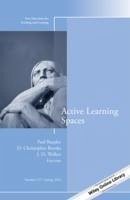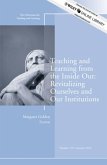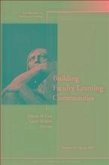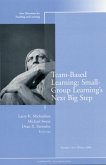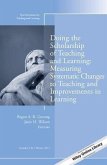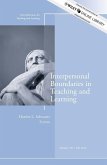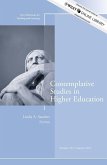With the paradigm shift to student-centered learning, thephysical teaching space is being examined The configuration ofclassrooms, the technology within them, and the behaviors theyencourage are frequently represented as a barrier to enactingstudent-centered teaching methods, because traditionally designedrooms typically lack flexibility in seating arrangement, areconfigured to privilege a speaker at the front of the room, andlack technology to facilitate student collaboration. But many colleges and universities are redesigning the spaces inwhich students learn, collapsing traditional lecture halls and labsto create new, hybrid spaces--large technology-enrichedstudios--with the flexibility to support active andcollaborative learning in larger class sizes. With this change, ourclassrooms are coming to embody the 21st-century pedagogy whichmany educators accept, and research and teaching practice arebeginning to help us to understand the educational implications ofthoughtfully engineered classrooms--in particular, that spaceand how we use it affects what, how, and how much studentslearn. This is the 137th volume of this Jossey-Bass higher educationseries. It offers a comprehensive range of ideas and techniques forimproving college teaching based on the experience of seasonedinstructors and the latest findings of educational andpsychological researchers.
Dieser Download kann aus rechtlichen Gründen nur mit Rechnungsadresse in A, B, BG, CY, CZ, D, DK, EW, E, FIN, F, GR, HR, H, IRL, I, LT, L, LR, M, NL, PL, P, R, S, SLO, SK ausgeliefert werden.

